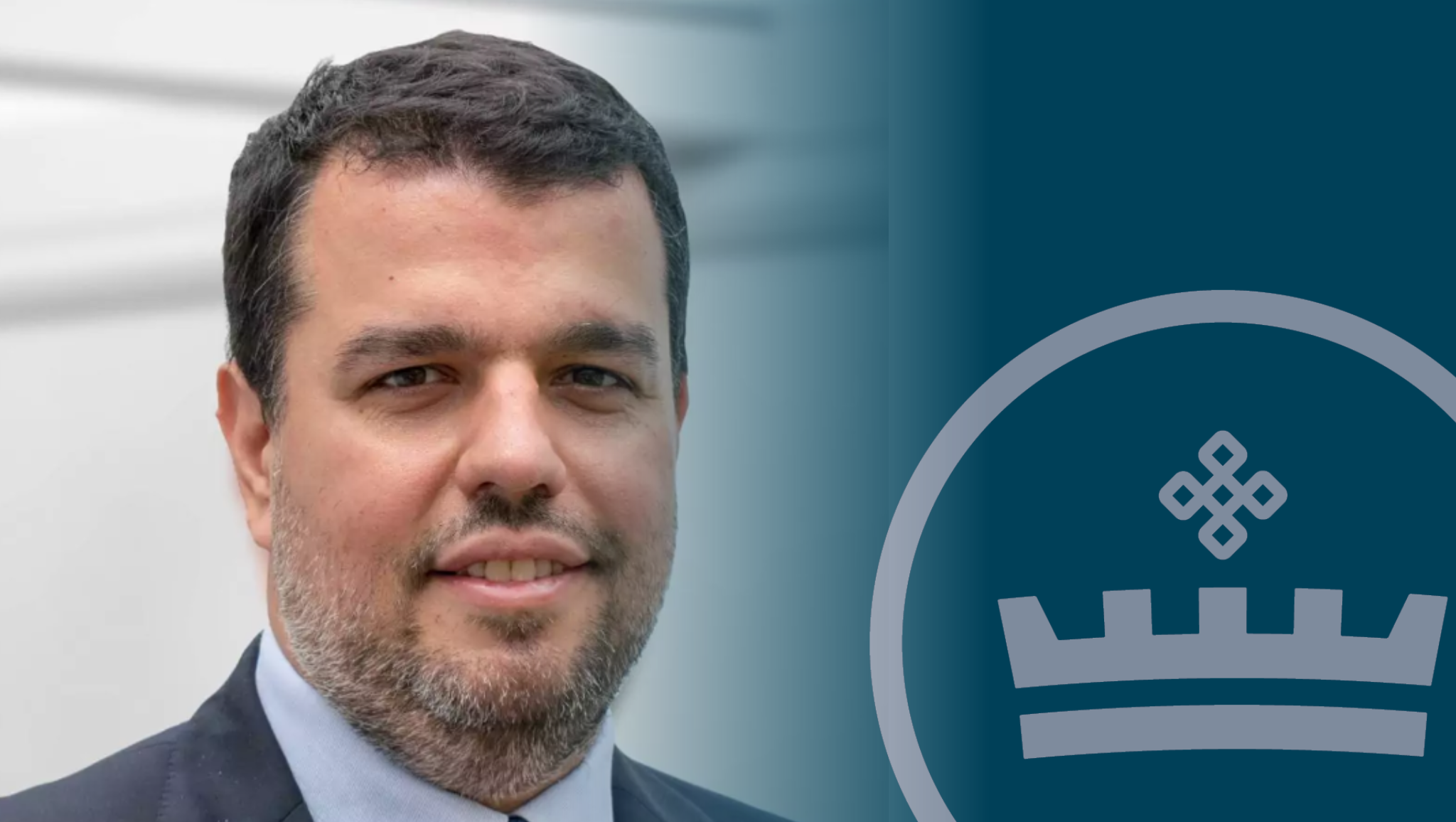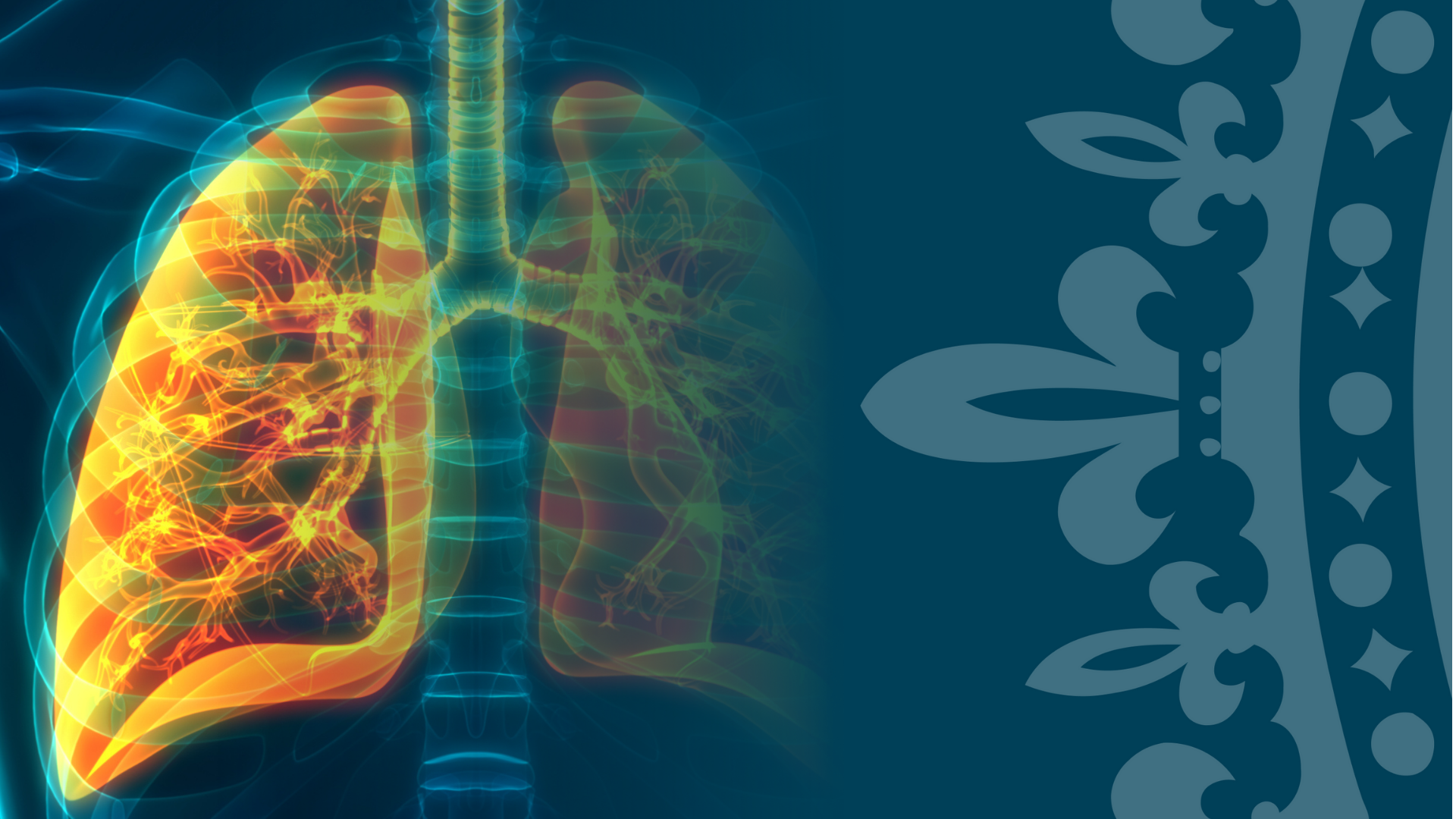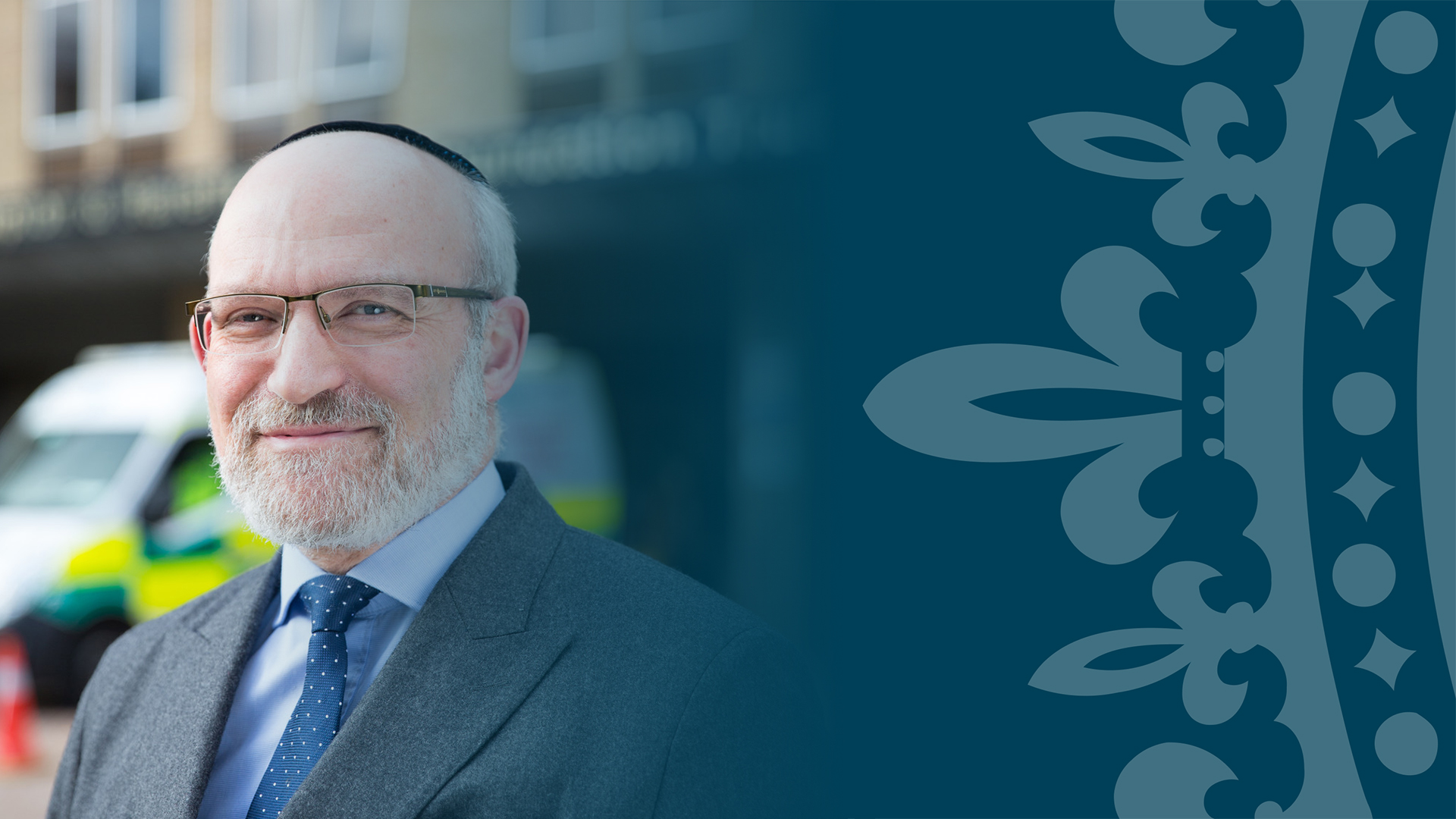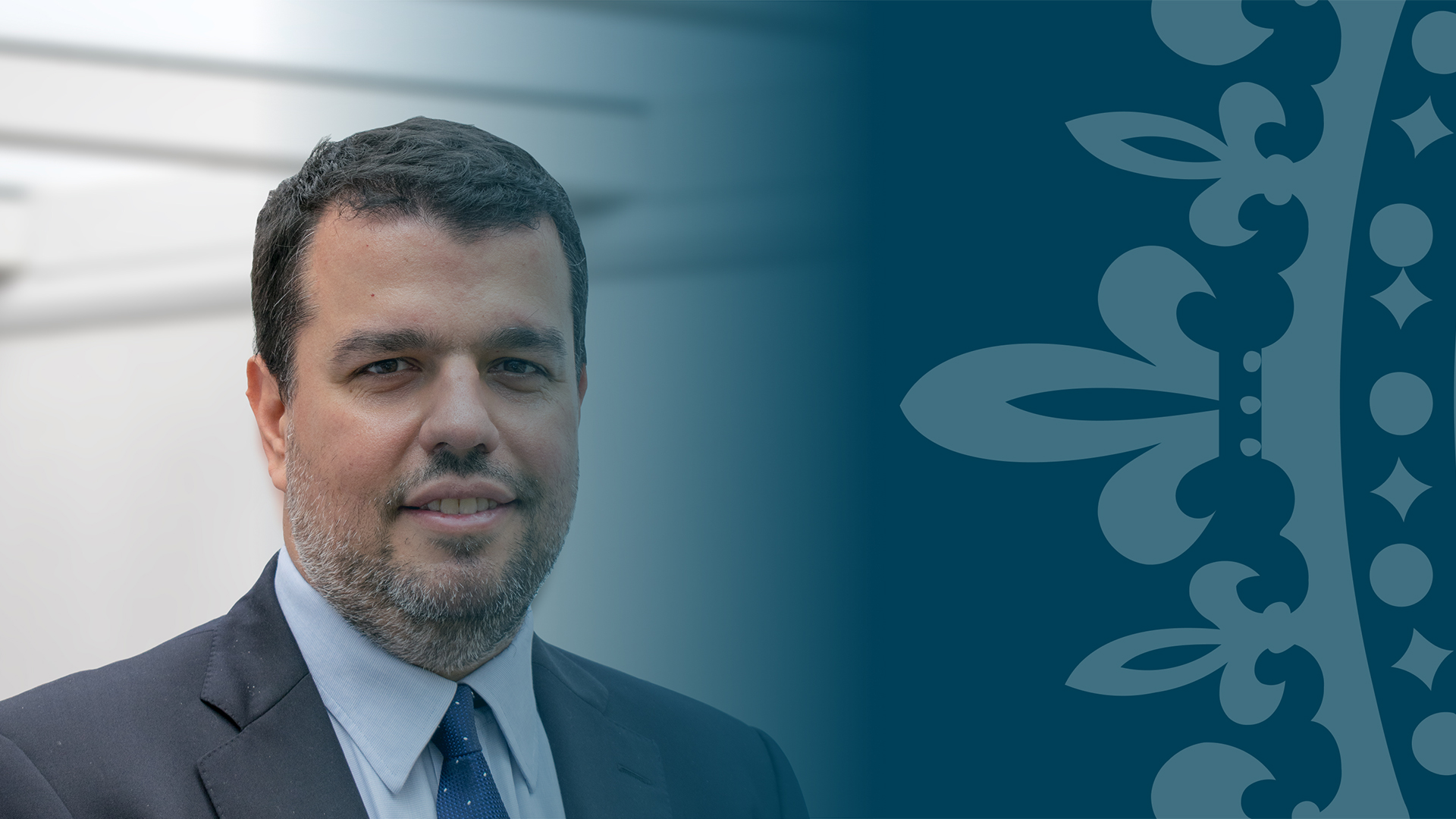This webinar focuses on the baseline assessment of shortness of breath and the association with early or established interstitial lung disease.
Learning Objectives
- Assessment of shortness of breath
- Awareness and assessment of ILD
- Necessary tools for evaluating patients with early or established ILD in the primary care
- Comorbidities in ILD and their assessment
- Effect of treatments in ILD and their monitoring in the primary care
Dr Vasilis Kouranos Background
Dr Vasilis Kouranos is highly specialised in pulmonary fibrosis and interstitial lung diseases such as idiopathic pulmonary fibrosis, hypersensitivity pneumonitis and connective tissue disease-associated interstitial lung diseases at Royal Brompton Hospital.
He has sub-specialist expertise in sarcoidosis and particularly cardiac sarcoidosis, which was the subject of his PhD thesis. He also offers clinical support for sarcoidosis and ILD patients with lung cancer.
 Dr Vasilis Kouranos
Consultant respiratory physician
Dr Vasilis Kouranos
Consultant respiratory physician
- Curated for: Allied Health Professional & Primary care doctors & Students
- Subject: Respiratory medicine
 45 Minutes
45 Minutes
Open to access this content
- Curated For : Primary care doctors & Students
- Subject : Respiratory medicine
 45 Minutes
45 Minutes
Open to access this content
 Dr Justin Garner
Dr Justin Garner
- Curated For : Primary care doctors & Secondary care doctors & Students
- Subject : Respiratory medicine
 1 Hour
1 Hour
Open to access this content
 Professor Paul Friedman
Professor Paul Friedman
- Curated For : Secondary care doctors & Students
- Subject : Cardiac surgery & Cardiology
 55 Minutes
55 Minutes
Open to access this content
 Gabrielle Liu
Gabrielle Liu
- Curated For : Primary care doctors & Students
- Subject : Respiratory medicine
 1 Hour
1 Hour
Open to access this content
 Professor Stuart Rosen
Consultant cardiologist
Professor Stuart Rosen
Consultant cardiologist
- Curated For : Primary care doctors & Students
- Subject : Cardiology
 30 Minutes
30 Minutes
Open to access this content
 Professor Michael Polkey
Consultant respiratory physician
Professor Michael Polkey
Consultant respiratory physician
- Curated For : General public / patient & Primary care doctors & Secondary care doctors
- Subject : Respiratory medicine
 45 Minutes
45 Minutes
Open to access this content
 Professor Nicholas Hart
Professor Nicholas Hart
- Curated For : Primary care doctors & Students
- Subject : Respiratory medicine
 50 Minutes
50 Minutes
Open to access this content
 Dr Alexander Lyon
Consultant cardiologist
Dr Alexander Lyon
Consultant cardiologist
Open to access this content
 Professor Thomas Munzel
Professor Thomas Munzel
- Curated For : Primary care doctors & Students
- Subject : Cardiac surgery & Cardiology
 55 Minutes
55 Minutes
Open to access this content
 Dr Vasilis Kouranos
Consultant respiratory physician
Dr Vasilis Kouranos
Consultant respiratory physician
- Curated For : Primary care doctors & Students
- Subject : Respiratory medicine
 55 Minutes
55 Minutes
Open to access this content
- Curated For : Secondary care doctors & Tertiary care doctors
- Subject : Cardiology
 58 Minutes
58 Minutes
Open to access this content
 Professor Pallav Shah
Professor Pallav Shah
- Curated For : Allied Health Professional & Secondary care doctors & Tertiary care doctors
- Subject : Respiratory medicine
 55 minutes
55 minutes








